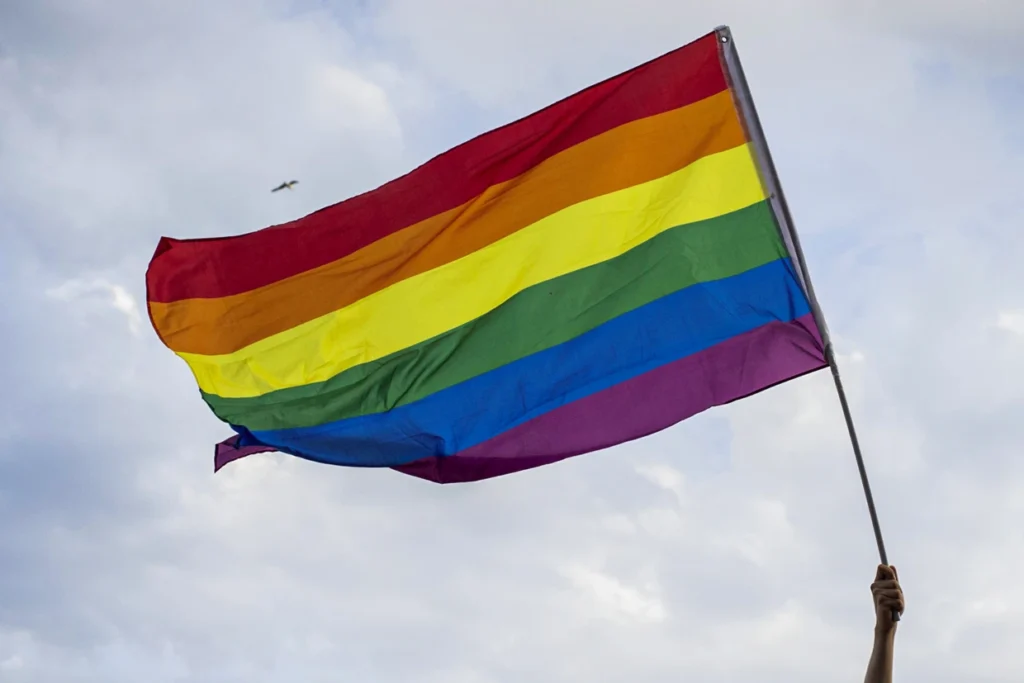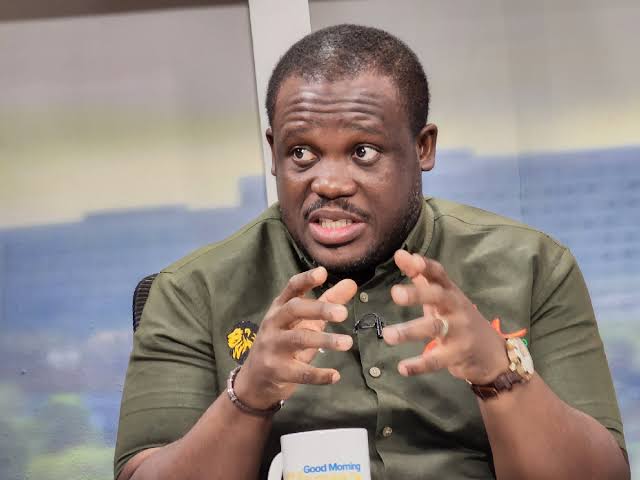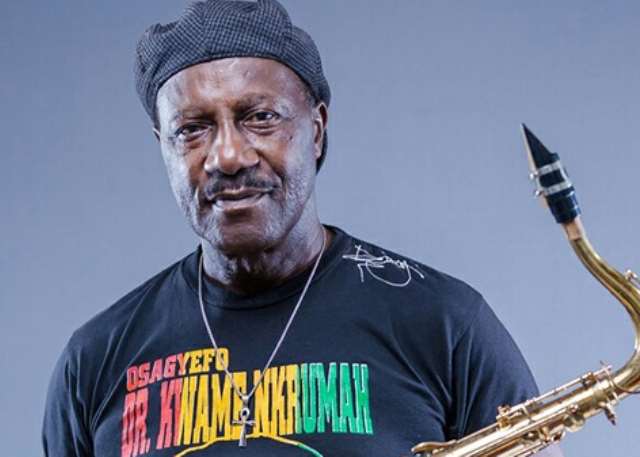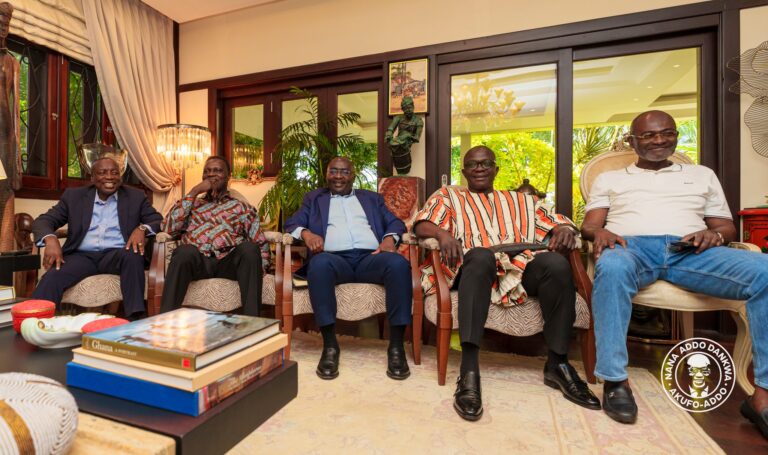The legislative battle over Ghana’s highly controversial Anti-LGBTQ+ Bill is set to resume as Parliament reconvenes today, Tuesday, October 21, 2025. A powerful, bipartisan coalition of ten Members of Parliament has announced the reintroduction of the Proper Human Sexual Rights and Ghanaian Family Values Bill, 2021 — a piece of legislation that continues to divide public opinion and attract global attention.
The reintroduction, spearheaded by Sam George (NDC, Ningo-Prampram) and Ntim Fordjour (NPP, Assin South), marks a renewed effort by lawmakers to formalize Ghana’s legal stance against LGBTQ+ rights. The Bill, first introduced in 2021, seeks to criminalize same-sex relationships and all forms of LGBTQ+ advocacy, promotion, and funding.

Under the proposed law, individuals found guilty of engaging in same-sex acts could face up to three years in prison, while those found promoting or financing LGBTQ+ activities could be sentenced to up to ten years. Supporters of the Bill argue that it is a necessary step to uphold what they describe as Ghana’s traditional and family values, which they believe are being threatened by Western ideologies.
Despite these claims, the legislation has drawn heavy criticism from international organizations, including the United Nations, Amnesty International, and Human Rights Watch. Critics argue that the Bill violates fundamental human rights enshrined in both Ghana’s Constitution and international treaties to which Ghana is a signatory.
The initial legislative process was interrupted earlier this year when several injunctions were filed at the Supreme Court, questioning the constitutionality of the Bill. Although the Court has yet to deliver a final ruling, the Bill’s sponsors are pushing ahead, determined to maintain momentum and prevent the legislative effort from stalling indefinitely.
The decision by ten MPs—spanning both the ruling New Patriotic Party (NPP) and the opposition National Democratic Congress (NDC)—to jointly sponsor the Bill’s reintroduction highlights the rare bipartisan consensus it enjoys in Parliament. In a political climate often marked by deep divisions, the unity over this issue underscores the strength of traditional and religious influences on Ghana’s policymaking.
The reintroduced Bill is expected to dominate parliamentary discussions in the coming weeks, with debates anticipated to stretch into late-night sittings. The Speaker of Parliament is expected to refer the Bill to the Committee on Constitutional, Legal, and Parliamentary Affairs for consideration, marking the beginning of its second legislative journey.
Previously, the same committee conducted wide-ranging public hearings, receiving over 150 memoranda from diverse groups, including faith-based organizations, traditional councils, civil society groups, and international human rights advocates. Those hearings reflected the deep societal divide the Bill has created — between proponents seeking to “protect Ghanaian values” and opponents advocating for equality and personal freedoms.
Proponents, particularly from Christian and Muslim religious groups, continue to argue that the Bill reflects the moral and cultural identity of Ghanaians. With over 70% of the population identifying as Christian, many churches have mobilized in support of the legislation, framing it as a defense of morality and national heritage.

However, human rights defenders and LGBTQ+ advocacy groups are expected to mount a renewed campaign against the Bill, warning that it could institutionalize discrimination, promote violence, and tarnish Ghana’s international reputation as a democratic nation committed to upholding individual rights.
As Ghana’s lawmakers resume their work, the stage is set for another round of intense national debate — one that will test the country’s balance between preserving cultural identity and adhering to universal human rights principles.
Whether the Bill will ultimately pass or once again stall under legal and diplomatic pressure remains uncertain, but its reemergence guarantees that the issue will dominate Ghana’s political and social discourse in the weeks ahead.



